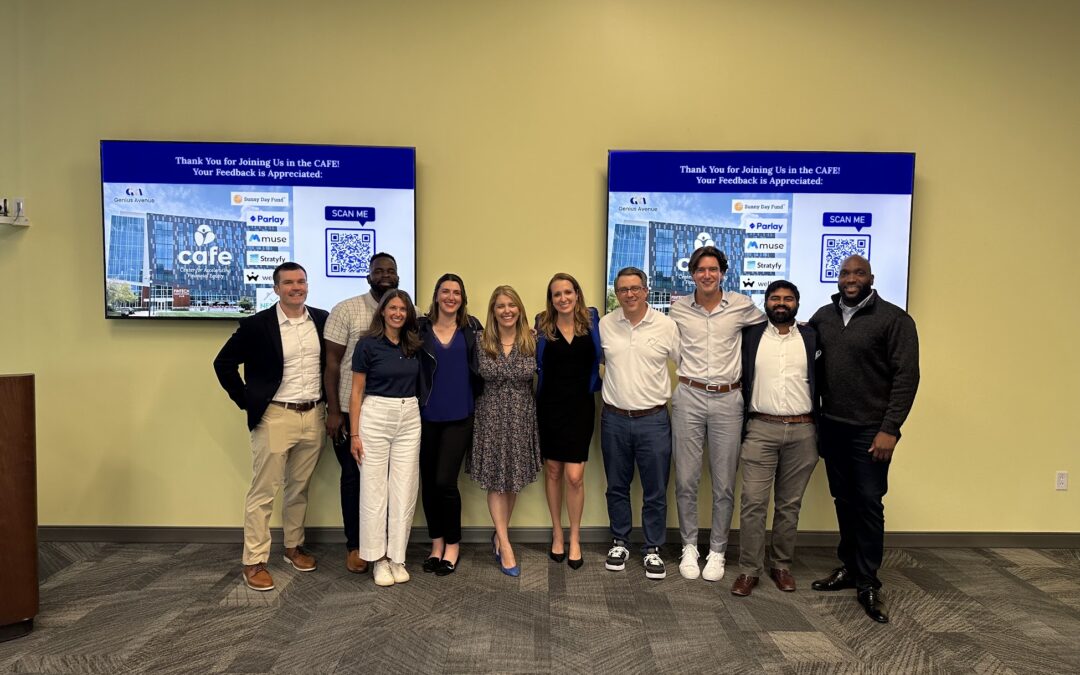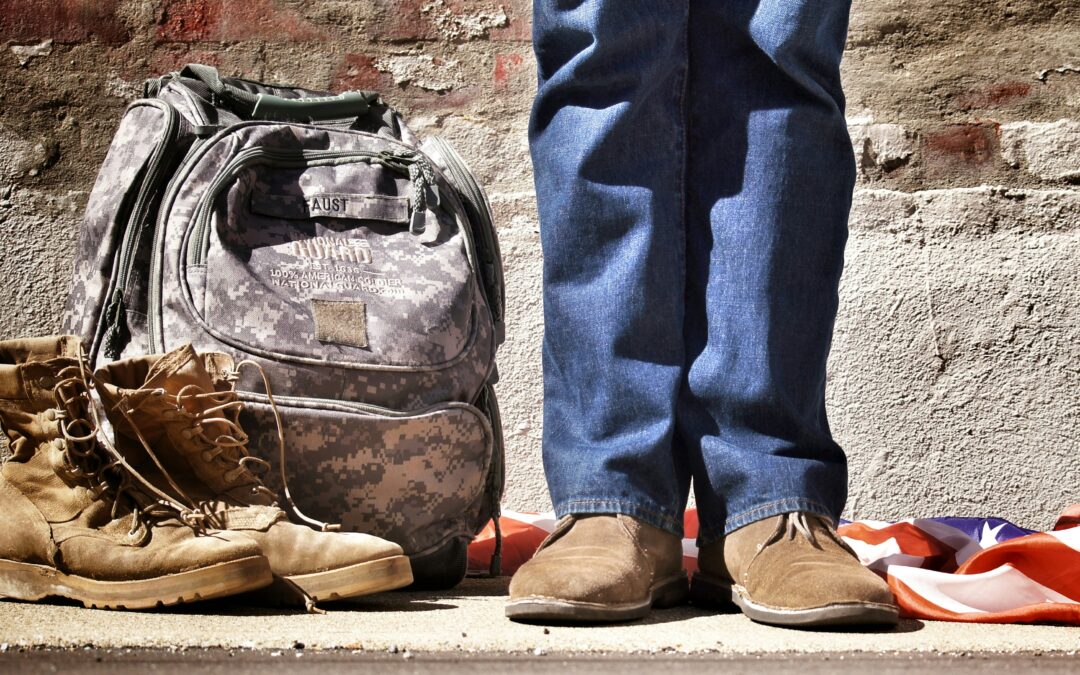Founder Feature: Sid Pailla of Sunny Day Fund shares his journey to creating an impact-driven startup and joining CAFE’s fintech accelerator
“Financial inclusion,” defined as individuals and businesses having access to useful and affordable financial products, has declined in the U.S.1” The United States fell from second spot to fourth spot in the 2023 Global Financial Inclusion Index conducted by Principal.
The current financial system is failing to include key populations, especially low-to-middle income (or “LMI”), and communities of color. Underserved communities need access to financial tools serving their unique needs. The Center for Advancing Financial Equity (CAFE) is driven to fill this gap.
CAFE’s flagship offering, a fintech accelerator program focuses on growth-ready financial technology (fintech) companies that innovate to reduce barriers to financial equity for LMI and other underrepresented populations. The fintechs in the CAFE program are putting forward their best thinkers to deliver audaciously bold products to advance the financial landscape for the greater good.
Innovating to solve critical problems of underrepresented communities leads to more financial inclusion while representing a business opportunity for financial organizations and investors to gain access to communities traditionally outside the organizations target.
To mark the launch of our inaugural cohort of companies, we are featuring founders of our participating companies and their impact on underserved communities.
>>This week, we are featuring Sid Pailla, Founder of Sunny Day Fund. He founded Sunny Day Fund, in 2019 with a mission to power American workers to save for emergencies. Here’s a snippet from our chat with him.
Tell us a little bit about Sunny Day Fund and how you started it. Was there a specific experience or moment that sparked the idea for your company?
“I immigrated to the United States with my family from Hyderabad, India in the 90s. I was the only English-speaking person in the household like a lot of immigrants and I was helping them out (parents) from a young age, probably at a much younger age than I was supposed to.
My parents were making $38,000 a year. They did everything they were supposed to do, they got jobs and had a 401(k). They got laid off in the dot com crash and had some cash and a 401(k). However, after paying all the penalties and fees, they ended up getting 22 cents on the dollar they put in. That made me realize that money in the US is very complicated.
I grew up thinking the system is not built for us and that it was unique to my family. I even kept thinking that it was a family curse. When I got to business school, a decade ago, I realized it is a common American story. 57% of Americans don’t have a $1000 for an emergency. Over a 3rd of Americans has been taking loans for early withdrawals from their 401(k) and only 50% of Americans save for retirement in the first place.
I wanted to rethink how we were approaching employee benefits from a financial perspective and systems perspective, not just from an education perspective. Our goal is to get a 100 million people to a $1000 mark (in savings), not a 100 people to a $1 million mark.”
Were there any challenges you faced in starting an impact-driven business?
“Capital is hard to secure with our mission. A big part of it is that investors and VCs think it’s a charity case, but it’s a massive business opportunity. Our mission is to get a 100 million people to a $1000 in annual savings, it’s a necessity because it doesn’t exist in the market. It represents a big opportunity.
The biggest challenge is the perception of our company. We are trying to reposition our company as a business opportunity and not a charity case.”
What has been the most rewarding aspect of your entrepreneurial journey?
“I’ve learned so much, I have 4 degrees, but I have learned more in the span of building this as a business. It has always been about the people and their stories. Someone just called in today to get help to take out $100. While $100 might not seem like a big deal, she spent 4 months purposefully saving up and this was a world of a difference to her for a graduation gift she was giving her son. $100 is everything to those who have seen red in their bank account.
This person lived their life as a virtue of us existing. There is a difference between us and a bank account, there it would just be a transaction. We are enabling people to live their lives.”
What prompted you to apply for the CAFE accelerator program?
“From the moment that Kristen (CAFE Managing Director) reached out to us, it was very clear that it was not just another program. This program is specifically targeted towards influencing other stakeholders, and how they can improve or collaborate with us.
We have done other programs as well, but in this program, CAFE is putting us in front of the right stakeholders who understand our mission. We are helping stakeholders rethink something like retirement savings which is half a century old. It’s very important for us to be in front of stakeholders who are willing to listen and are in the mindset to change themselves.”
Want to meet the fintechs in the program? Financial institutions and investors are welcome to get in touch.
Sponsoring our program helps your organization amplify its impact and investment by working with us to change the financial ecosystem. We work with cutting-edge fintechs building bold products and changing financial services.
You will have access to accelerator company founders, mission, strategy, and business design. In addition to insight into the innovation and model, sponsors will be able to understand the companies’ approaches to critical fintech foundations in AI, cybersecurity, risk mitigation, regulatory and compliance, and data science.
Your sponsorship goes beyond supporting our accelerator and fintechs. The growth of our fintechs aids the low-to-moderate income (LMI) and underserved communities they work with. We are open to sponsorship and support in many ways in our program.
www.ftcafe.org/contact-us

In the CAFE… Recap of Demo Day and Our Inaugural Accelerator Program
After an unforgettable 10-week journey filled...

Creating a more equitable lending environment using machine-learning: Founder Feature with Laura Kornhauser of Stratyfy
Creating an equitable financial ecosystem...

Helping minority and veteran-owned small businesses secure capital to unlock growth in their communities: Founder Feature with Alex McLeod and Jay Long of Parlay
“Small businesses make up 44% of our GDP but...

